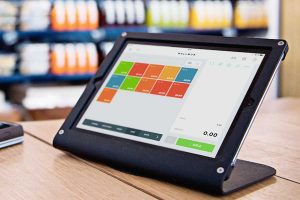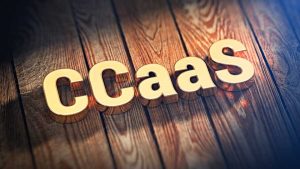In recent years, there has been a new, unwelcomed trend haunting retail stores: organized retail crime (ORC). It refers to large-scale, organized shoplifting, cargo theft, ecommerce cyber-attacks, fraud, and other professionally orchestrated crimes against retailers. ORC is costly, difficult to detect, and highly organized—and erodes shopper trust. In this ultimate guide to ORC, we will…
What is
Glossary of 72 Ecommerce Terms You Need to Know
With the vast number of ecommerce terms—plus new terminology appearing regularly—it’s important to keep abreast of the vocabulary you’ll encounter as an online retailer. Here, we’ve compiled an ecommerce glossary of terms and definitions with more than 70 of the most common acronyms, words, and phrases in use today. 1. 301 Redirect This is an…
What Is a Bring Your Own Device Policy? (+ Sample Agreement)
Bring your own device, or BYOD, refers to a type of company policy that allows employees to use their own personal devices (e.g., laptops and smartphones) to work on business-related tasks, instead of company-issued equipment. In a survey cited in the 2022 Global Mobile Threat report, 66% of companies had an active BYOD program in…
11 Payroll Forms Employers Need
Payroll forms are important because they help employers comply with federal, state, and local tax laws. By accurately completing and submitting these forms, businesses can avoid penalties and legal issues arising from non-compliance. Additionally, payroll forms for employers help businesses maintain accurate records of their employees’ earnings, deductions, and tax withholdings. Here’s a quick glance…
Paternity Leave Policy & Laws (+ Free Templates)
Having a strong paternity leave policy in place will notify employees of their rights for leave and pay as well as keep your business compliant with federal, state, and FMLA laws. A paternity leave policy that is part of your company handbook and paid-time-off (PTO) leave policy will state leave options and expectations clearly for…
What Is a POS System & How It Works: Small Business Guide
POS systems can do much more than enable you to accept payment from in-person customers; they can manage inventory and employees, create reports, support marketing campaigns, and more.
A point-of-sale (POS) system is the combined software and hardware that manages purchases, returns, and exchanges for in-person transactions. The best ones also include inventory management, customer relationship management (CRM), analytics, and other functions. There are many different types of POS systems, from apps to self-service terminals. While typically located at your cash wrap, a…
Retail Security: Definition, Tips & Benefits
Creating a store that is safe for your staff and secure for your products is an important part of managing a retail store. And that’s just the physical storefront. Today, most brands also operate an ecommerce shop and have to take steps to protect their site from data breaches and cyber-attacks. In this guide, we…
What Is CCaaS? Benefits, Features & Top Providers
Contact Center as a Service (CCaaS) is a cloud-based software integrating various customer channels and tools like analytics, interactive voice response (IVR), and call management. CCaaS solutions aim to improve customer and user experiences to build and strengthen client relationships and loyalty. It simplifies communication by helping agents interact with customers effectively and seamlessly through…







